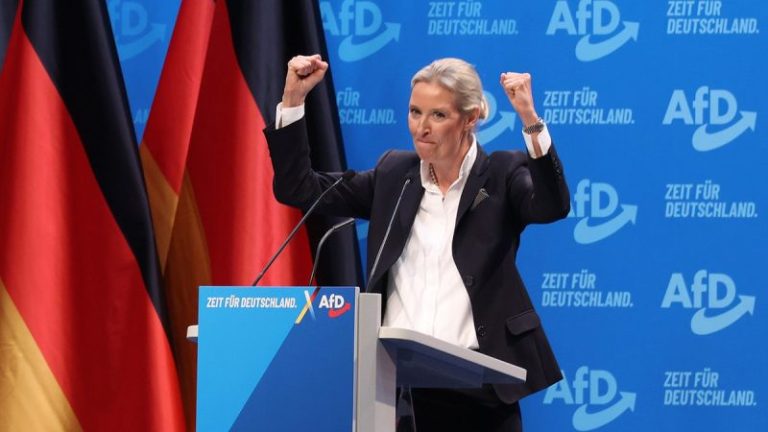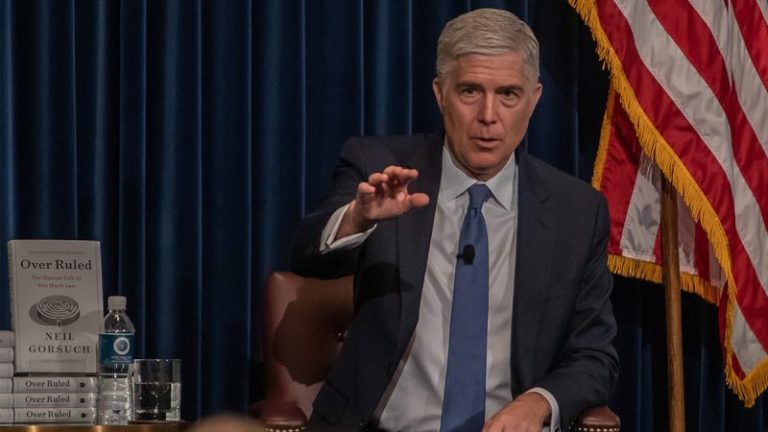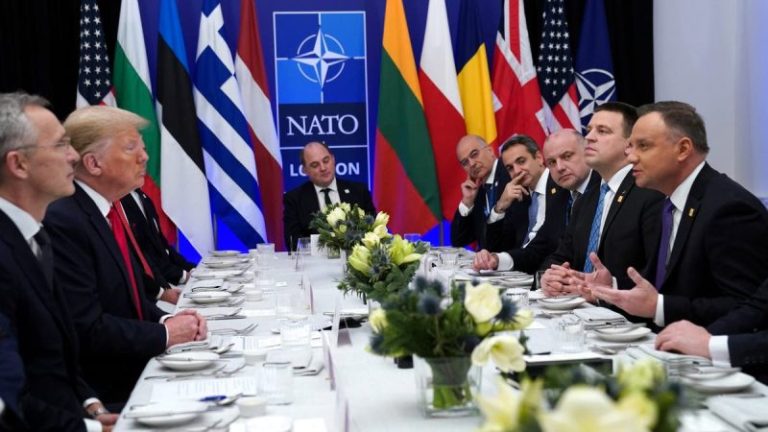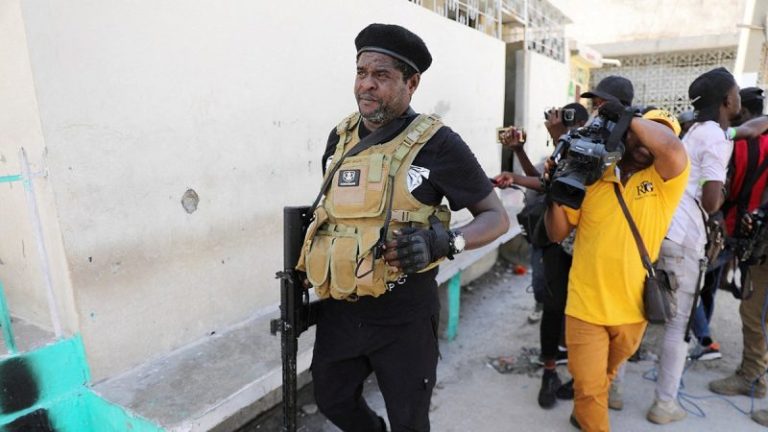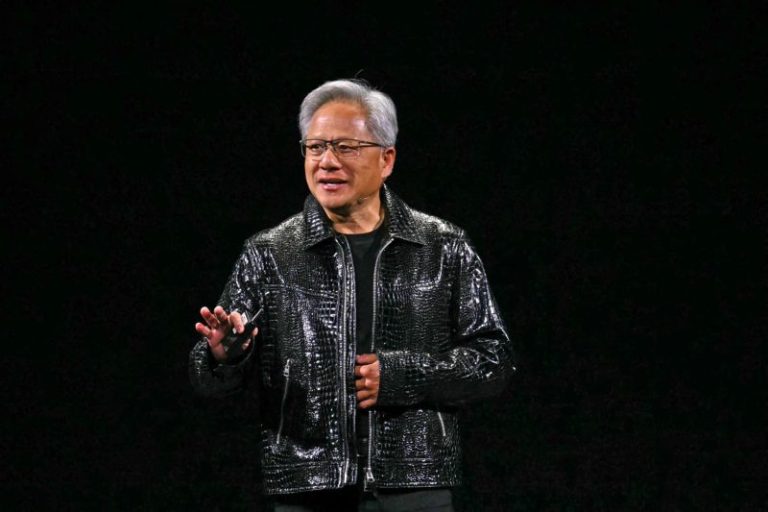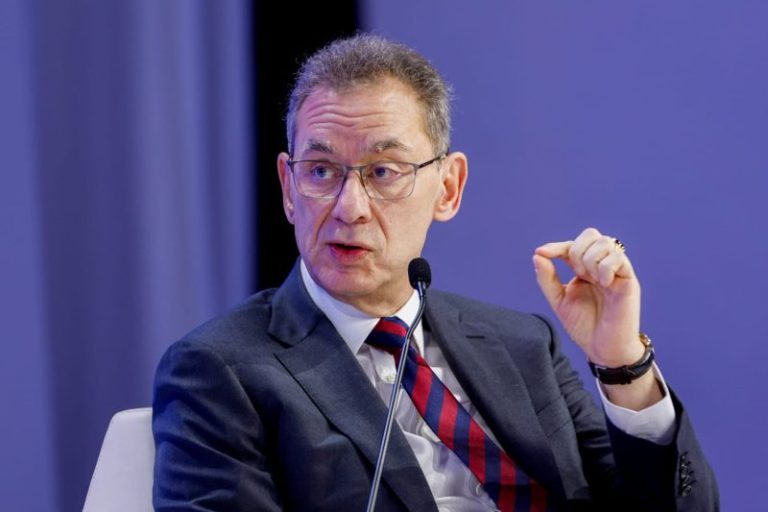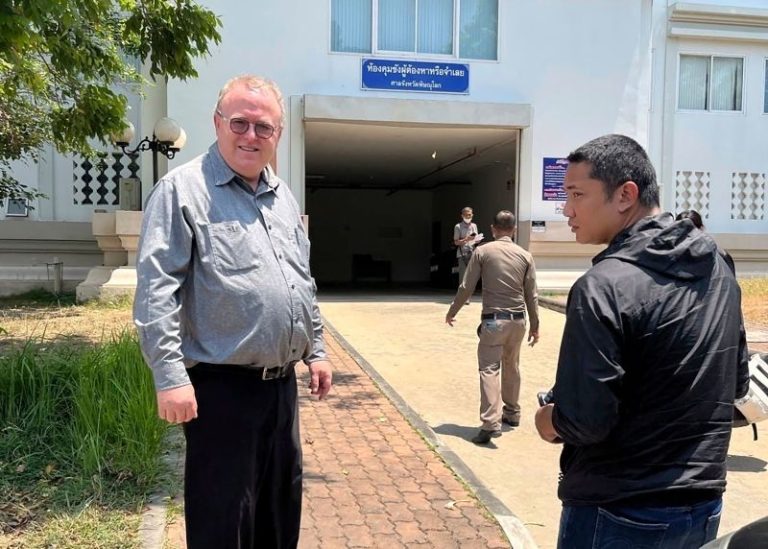Germany’s domestic intelligence agency, the Federal Office for the Protection of the Constitution or BfV, on Friday classified the country’s popular Alternative for Germany (AfD) party as ‘extremist.’
‘Central to our assessment is the ethnically and ancestrally defined concept of the people that shapes the AfD, which devalues entire segments of the population in Germany and violates their human dignity,’ the BfV said, explaining its decision. ‘This concept is reflected in the party’s overall anti-migrant and anti-Muslim stance.’
The AfD slammed the decision, calling it a ‘blow against democracy,’ claiming it was ‘clearly politically motivated,’ which the BfV denied.
The U.S. also criticized the designation, with Secretary of State Marco Rubio claiming it is ‘tyranny in disguise.’
‘Germany just gave its spy agency new powers to surveil the opposition,’ Rubio posted on X. ‘That’s not democracy—it’s tyranny in disguise. What is truly extremist is not the popular AfD—which took second in the recent election—but rather the establishment’s deadly open border immigration policies that the AfD opposes. Germany should reverse course.’
Elon Musk wrote on X: ‘Banning the centrist AfD, Germany’s, most popular party, would be an extreme attack on democracy.’
AfD leaders Alice Weidel and Tino Chrupalla said, ‘The AfD will continue to take legal action against these defamatory attacks that endanger democracy.’
Vice President JD Vance met with Weidel before the election and said that free speech was under attack in Europe.
The BfV also classifies the neo-Nazi National Democratic Party (NDP), the Islamic State and other Islamist groups, and the far-left Marxist-Leninist Party of Germany as ‘extremist.’
The classification allows the intelligence agency to closely surveil the AfD, which came in second in Germany’s February elections, winning a record number of seats in parliament.
Germany’s intelligence agency is more legally constrained than other European countries in its ability to surveil political parties, which requires the ‘extremist’ designation, because of its history under Nazi and Communist rule.
The designation also allows the intelligence service to intercept party communications.
The ‘extremist’ designation followed a 1,100-page report by the intelligence agency, and a court case loss for AfD in challenging the BfV’s previous classification of the political party as one suspected of extremism.
Conservative leader Friedrich Merz, who heads theChristian Democratic Union (CDU), will be confirmed as chancellor next week following the elections in a coalition government with the center-left Social Democrats.
Both Merz and the Social Democrats ruled out governing with the AfD.
CDU, along with its Bavarian sister party the Christian Social Union (CSU), won Germany’s elections in February after garnering 28.6% of the vote, according to Germany’s international broadcaster Deutsche Welle (DW).
The AfD secured 20.8% of the vote. Meanwhile, outgoing Chancellor Olaf Scholz’s Social Democratic Party (SPD) won just 16.4% of the vote, its worst result since World War II.
Fox News Digital’s Rachel Wolf and Reuters contributed to this report.

